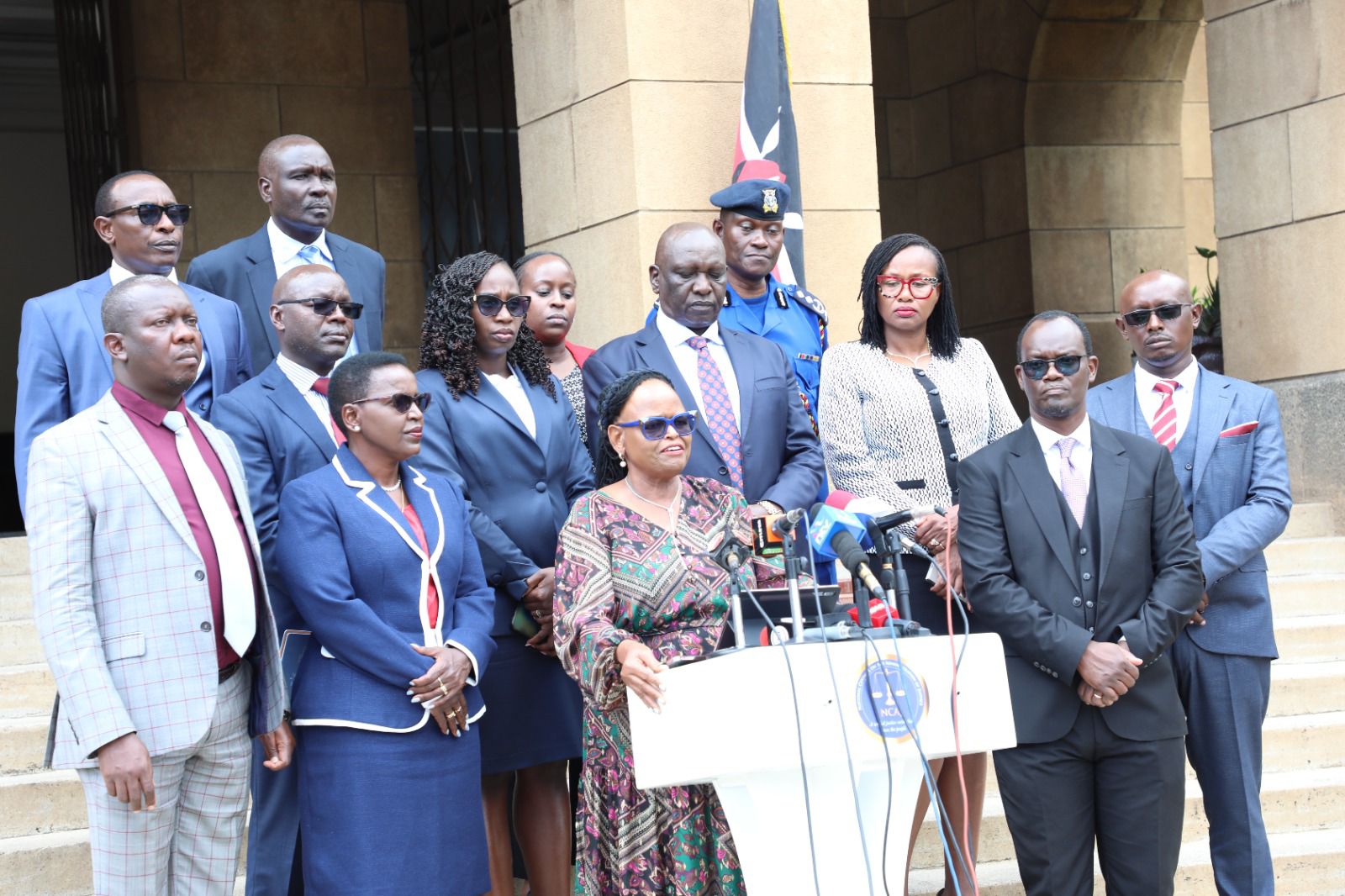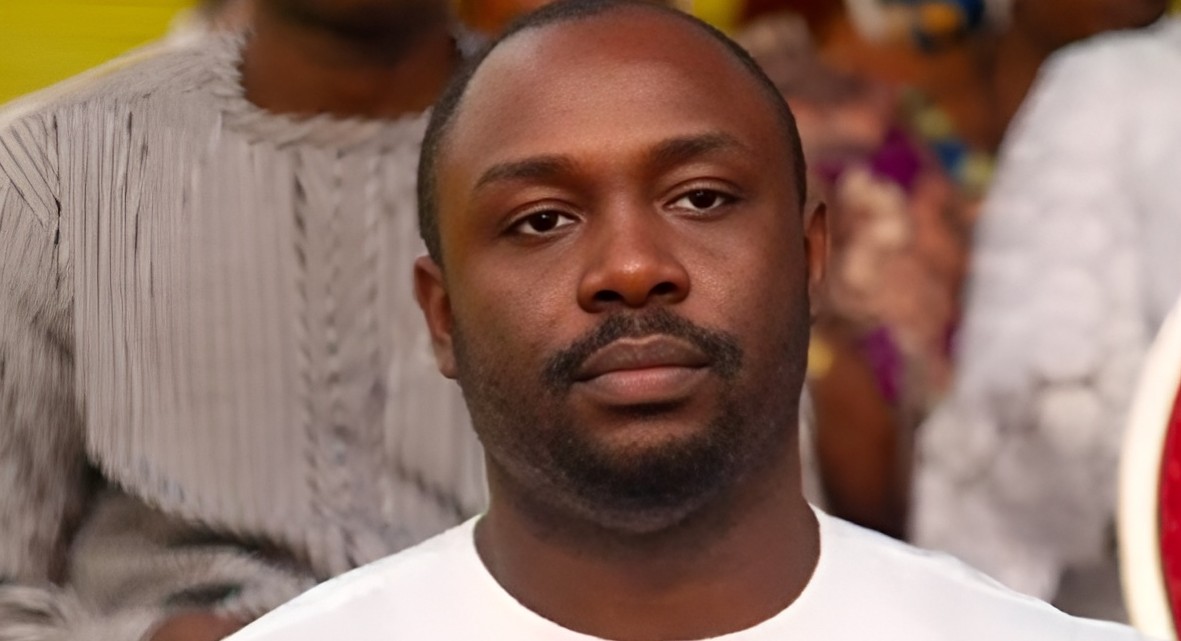Why Kenya is focusing on banks as it tightens laws to stop money laundering

Banks offer a gateway into the financial system. Once the funds are in the financial system, it is easier to disguise their illegal origin.
Kenya’s banking industry has in recent years been in the crosshairs of national, regional and international watchdogs, given the country’s role as a financial hub in eastern Africa. In 2023, Kenya enacted laws to curb money laundering and combat terrorism financing.
While the laws have led to tougher sanctions on some banks, the risk of money laundering remains, and the country was recently greylisted by the Financial Action Task Force. A grey list contains countries that are actively working with the Financial Action Task Force to address loopholes in countering money laundering, terrorist financing, and proliferation financing.
More To Read
- President Ruto confers Senior Counsel rank on 54 top Kenyan lawyers
- LSK condemns violence in by-elections, warns of gaps ahead of 2027 polls
- Police boss Douglas Kanja opposes retirement age cap for IG, deputies
- Court strikes out LSK President Faith Odhiambo from consolidated rights petitions
- LSK announces March 2026 elections for key leadership positions
- LSK demands probe into alleged judicial misconduct at Maua Law Courts, accuses magistrates of shielding officers
Constance Gikonyo, a corporate law academic who has researched the place of banks and piracy in money laundering, answers questions about existing loopholes.
How is money laundered through banks?
Money gained illegally can be laundered by placing it into the financial system through banks. Those who launder money typically engage in “smurfing” and “structuring”.
This is the breaking down of large sums of money into smaller transactions to evade the reporting threshold and avoid suspicion. In Kenya, the reporting threshold has been increased from US$10,000 to US$15,000. Banks have to report certain transactions to the Financial Reporting Centre.
Once in the financial system, the money is moved around in a process known as layering. Funds are moved through different banks using different transactions and bank accounts to disguise the illicit origin of the money.
Once the money is disguised, the banks will again be involved in the process of integration. This is where the money is deposited into the bank account of the person or entity that finally uses it.
That way, the criminal proceeds are integrated with legitimate funds. These funds make their way into the economy through investments such as purchasing a property.
Why are banks the prime targets of money launderers?
Banks offer a gateway into the financial system. Once the funds are in the financial system, it is easier to disguise their illegal origin. Also, technological advancements and the integration of the global financial system make it easier and faster to move money around and across borders.
Some banks have weak know-your-customer procedures—mandatory checks meant to identify and verify customers when opening an account and periodically over time. These can be exploited. Banks don’t always continue monitoring customers effectively.
There are also cases of complicit individuals within banks using the system to aid money laundering.
What are the duties of banks?
Kenya’s law, the Proceeds of Crime and Anti-Money Laundering Act, imposes duties on banks in seeking to deal with money laundering.
Banks must:
Evaluate their customers thoroughly. The due diligence should be based on an assessment of the customer as a risk. The riskier a customer appears to be, the more comprehensive the evaluation should be.
Keep records of transactions and customer identification information for at least seven years after the end of the engagement.
Report suspicious transactions and cash transactions of US$15,000 or more to the Financial Reporting Centre, an agency created under the same law to fight money laundering.
Hire money laundering compliance officers and ensure continuous staff training on anti-money laundering and combating the financing of terrorism. All banks are required to develop internal policies, procedures and controls to combat these crimes.
What challenges do banks face in fighting money laundering?
Technological advancements mean that money launderers can be a step ahead of the measures the banks have put in place.
The criminals can find ways to avoid detection by the systems in banks. The rise of digital and cyber-enabled financial crimes increases the challenge for banks.
Compliance requirements mean banks have to invest in personnel, technology and training. This increases their operating costs. Banks also invest in research to help identify weaknesses in their systems.
Banks have to balance regulatory requirements with customer service and customer privacy. Customer background checks can be intrusive but a bank faces sanctions and reputational risks if it does not do them.
Corrupt individuals working in banks can assist in money laundering. Banks should vet staff when they hire them, especially those in sensitive roles, and continuously monitor them.
The global nature of the financial system means banks must deal with financial institutions and different regulatory standards in different jurisdictions. Compliance with all these can be a challenge. Criminals will identify the loopholes and gaps created by these differences and seek to exploit them.
What are the main markers of a well-governed financial system?
A well-governed financial system has effective policies and practices for combating money laundering and the financing of terrorism. The relevant authorities ensure that the laws are enforced.
There should also be international cooperation and engagement between the private sector and relevant regulatory and enforcement agencies.
Effective supervision by the central bank is a feature of a well-governed system. Central banks ensure the stability, soundness and integrity of the banking system.
They should establish a proper regulatory framework for banks, tighten their licensing and approval processes, ensure continuous monitoring and examination of sector players, and provide early warning systems. Weak supervision would mean that consumers were not adequately protected.
This leads to a loss of public trust and international confidence. Financial instability could be the result.
The public and private sectors should collaborate actively. In Kenya, the Financial Reporting Centre and the Law Society of Kenya are working together towards implementing the anti-money laundering provision which requires lawyers to report entities that make suspicious transactions.
Regulatory bodies and law enforcement agencies need resources to do their work. Preventing, identifying and dealing with financial crimes requires funds to innovate, and develop staff capacity and infrastructure.
Transparency and accountability in financial institutions encourage compliance with regulatory standards. Banks with a culture of innovation and investment in new technologies are best placed to achieve transparency and accountability.
Top Stories Today

















































